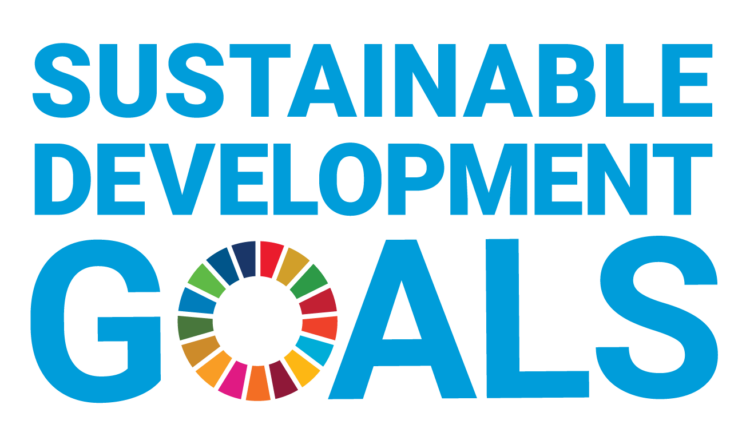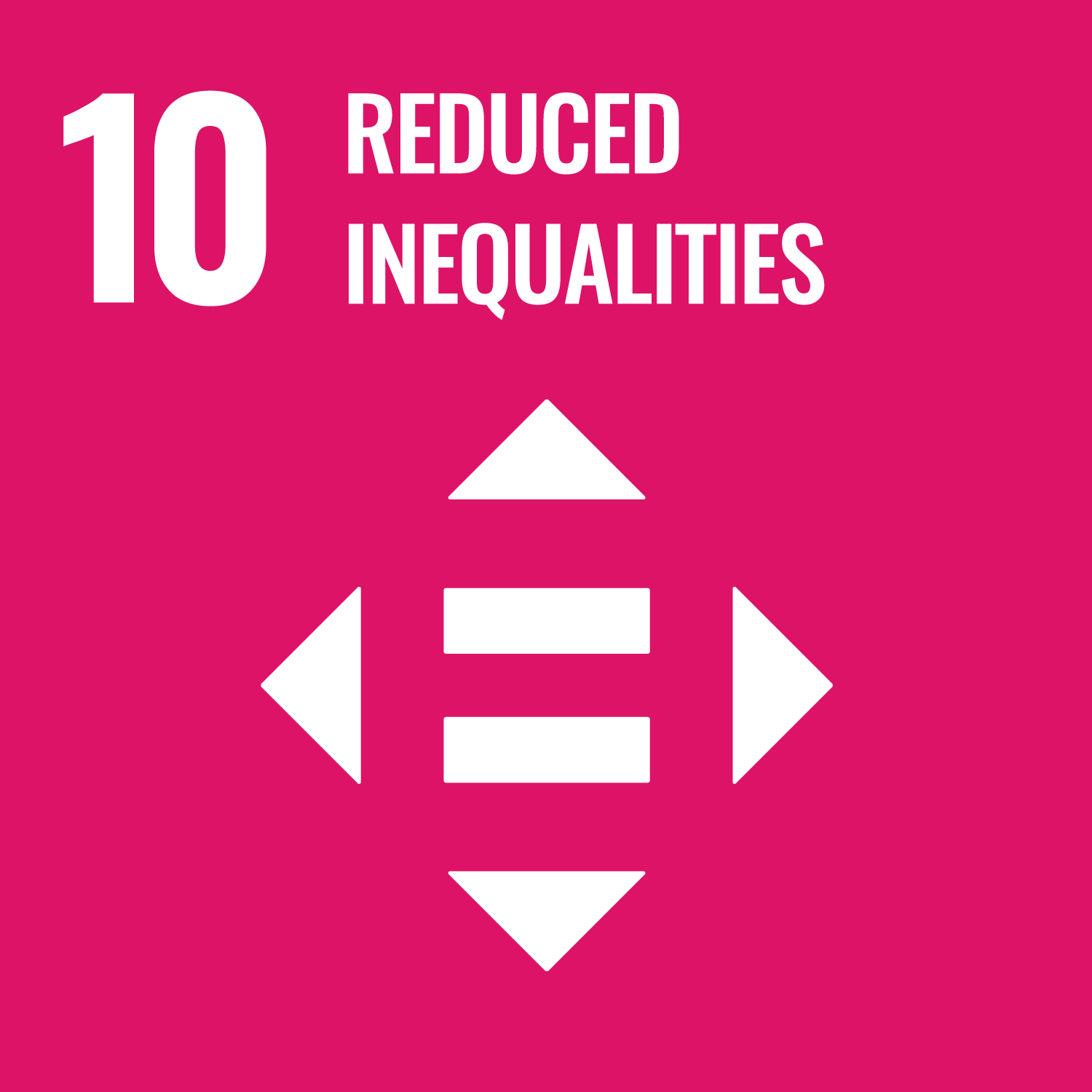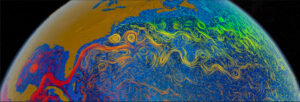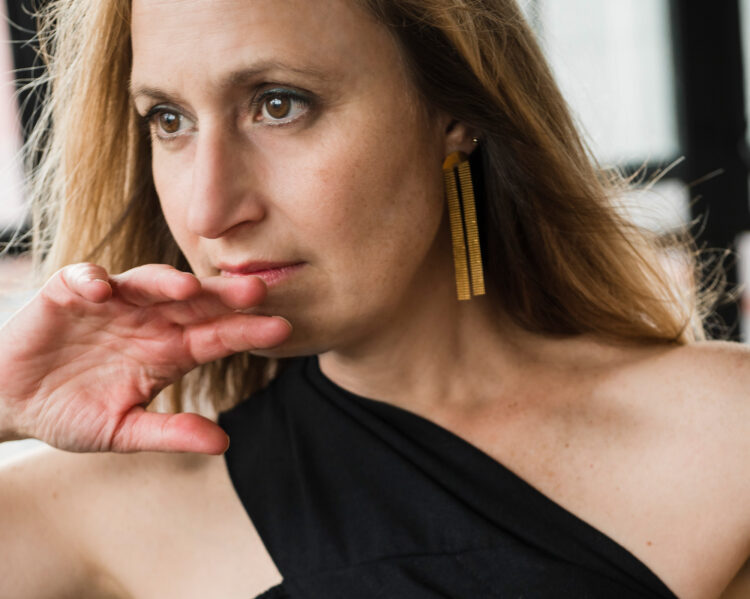
Heather Raffo
Brooklyn, NY
Heather Raffo is a singular and outstanding voice in the American theater whose work has been championed by The New Yorker as “an example of how art can remake the world.” Having helped forge a new genre of Arab American theater, she’s spent her career writing and embodying stories of Iraq: from the lives and dreams of Iraqi women in her seminal work 9 Parts of Desire (2003), to the suicidal ideation of an Iraq war veteran in the opera Fallujah (2012), to the restless longings of an Iraqi refugee architect, in Noura (2018). A multi-award-winning writer and actor, she’s toured nationally and internationally: from the Kennedy Center to the Aspen Ideas Festival, and from London’s House of Commons to the US-Islamic World Forum. Her newly released anthology, Heather Raffo’s Iraq Plays: The Things That Can’t Be Said (Bloomsbury, 2021), brings together two decades of her most groundbreaking contributions to the American theater and speaks to the bravery required to be at the forefront of a movement. Her newest work, The Migration Play Cycle, her most ambitious theatrical imagining in scale and scope, situates themes around migration and the global economy. Being raised in the Midwest and the daughter of an Iraqi immigrant, Raffo has committed her artistic practice to working across all kinds of borders: on main stages and in rural communities, with the military and in the Middle East, in swing states and in refugee facilities. She is uniquely positioned to explore what migration means for an ever-evolving American and global identity.
Photo by Satya Tisman Photography.
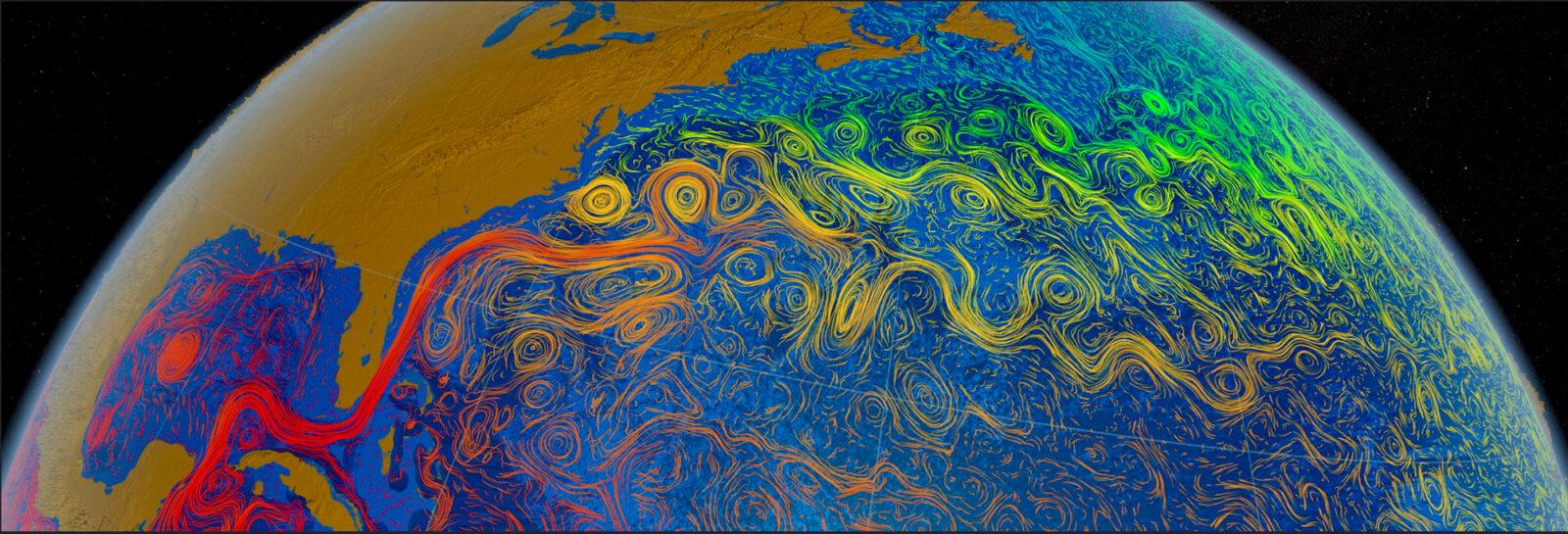
Migration Play Cycle. Photo by NASA Goddard Space Flight Center Scientific Visualization Studio.
The Migration Play Cycle: A New Theatrical Platform
Heather Raffo is a singular and outstanding voice in the American theater whose groundbreaking plays have been championed by The New Yorker as “an example of how art can remake the world.”
Artist BioThe Migration Play Cycle is an epic map of a play linking the world’s migration patterns to the daily transactions of our lives, inviting us to imagine a new relationship to human value by first unpacking what we value. An ambitious trans-local work researched across diasporic communities, The Migration Play Cycle centers local concerns into global contexts, offering a new theatrical platform for exploring migration and the global economy. Non-linear in form and Brechtian in value system, wherever audiences are on the map, economic interconnection means daily decisions impact people across the street, across town and across the world. By bringing theatricality to facts and figures, by entering border towns and heartland supermarkets, this play invokes a planet on the move and our daily impact on it. This theatrical experiment aims to be the first ever-evolving, cyclically structured play. Built as a series of interchangeable seasons (Summer, Winter, Wildfire) the play can expand and contract, be organized around new locations, and be unique to each production, with bespoke scenes written for new locales. Building upon a network of global theatrical partners, live/local productions would cross-pollinate with an immersive theatrical web platform where communities could see their stories within larger global patterns. Audiences could follow the play over years, becoming part of an evolving story, much like migration itself. How will we understand a planet on the move and our impact on it? Can theater makers move out of an exclusively empathy-centered storytelling, into one where value is recognized regardless of what we feel? Tackling the subject of migration through economics disrupts the empathy-driven model of Western theater by demanding we focus on our connection to migration itself, not the marketplace of migrants’ heart-wrenching stories. Especially as we approach a time when all populations must confront not only global migration, but their own.
